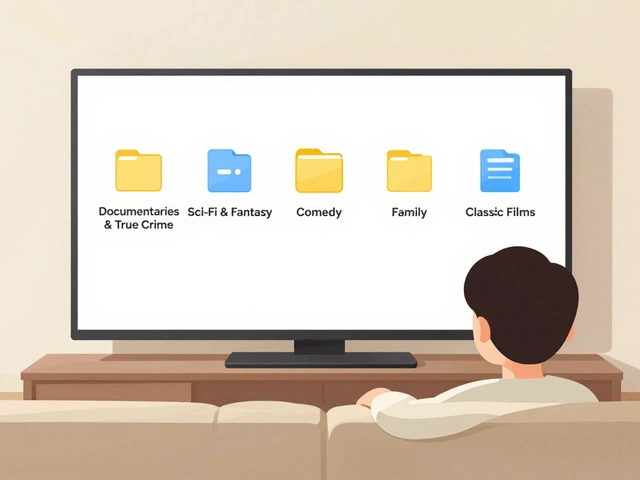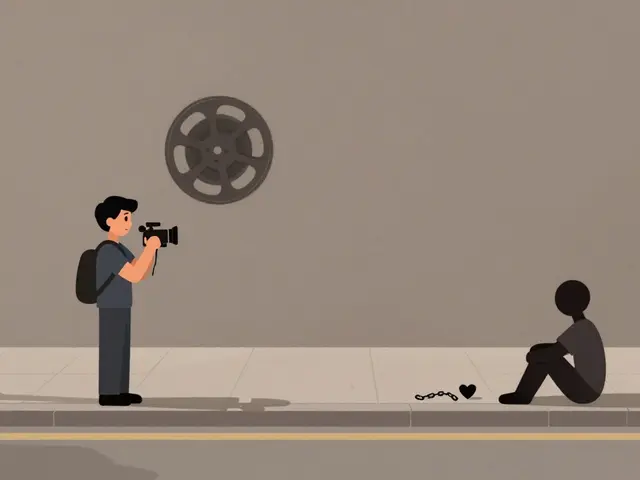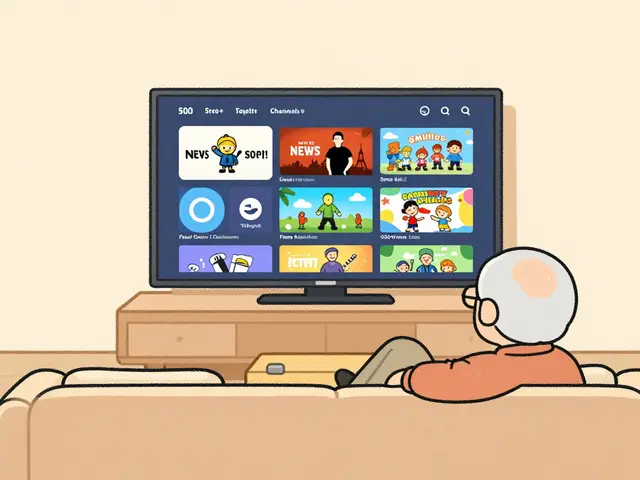25
How to Write Film Reviews Without Spoilers: Pro Techniques Used by Critics

Everyone’s been there. You scroll through a movie review, excited to see if the film lived up to the hype-only to hit a line like, “And then the main character dies in the final act.” Your stomach drops. You’re ruined. Spoilers aren’t just annoying; they break the emotional contract between storyteller and audience. Professional critics know this. They don’t just review movies-they protect the experience. Here’s how they do it without sacrificing insight.
Understand What a Spoiler Actually Is
A spoiler isn’t just the big twist at the end. It’s any plot point that removes surprise, suspense, or emotional impact. That means revealing:- Who dies, betrays, or turns out to be the villain
- How a mystery is solved
- Key character arcs or revelations
- The ending’s tone or outcome
Use the “No Plot Summary” Rule
Most amateur reviews start with a recap. “The movie opens with a chase scene, then the protagonist meets his estranged father…” That’s not a review. That’s a Wikipedia summary. Professional critics avoid this entirely. Instead, they describe the experience. Instead of saying, “The hero finds the artifact in the temple,” they write: “The film builds tension through claustrophobic spaces and eerie silence, making every creak of the temple feel like a countdown.” This isn’t just clever writing-it’s a shield. By focusing on mood, pacing, and performance instead of plot sequence, you keep the story intact for readers who haven’t seen it.Write About Feelings, Not Events
What did the movie make you feel? That’s the real review. A critic might say: “I left the theater with a quiet ache, like I’d witnessed something private and sacred.” That tells you everything about the film’s power-and nothing about who lived or died. Compare that to: “The daughter survives the explosion and reunites with her mom.” That’s a spoiler. It’s also boring. The first version gives you emotional truth. The second just gives you facts you didn’t ask for. Professional critics use sensory language: the weight of silence, the flicker of doubt in the actor’s eyes, the way the music dissolved into white noise. These aren’t just pretty phrases. They’re tools to convey meaning without revealing structure.
Use Time as a Spoiler Shield
One of the smartest tricks critics use? Delayed judgment. Instead of reviewing a film the day it drops, many wait. They watch it again. They sit with it. They let the plot settle. Then they write about how the film lingers-how themes echo, how performances reveal more on a second viewing. This lets them avoid plot traps. If you’re writing about the resonance of a twist, not the twist itself, you’re safe. You can say: “The film’s greatest strength is how it reframes everything you thought you knew by the final frame.” That’s powerful. And spoiler-free.Anchor Your Review in Craft, Not Plot
Great reviews don’t just talk about what happened. They talk about how it was made. Talk about:- How the lighting shifts to reflect the protagonist’s inner state
- Why the director chose long takes over quick cuts
- How the score avoids melody to create unease
- Which actor’s subtle glance changed the entire tone of a scene
Use Warnings-But Use Them Right
Sometimes, you need to hint at spoilers. Maybe the film has a shocking ending. Maybe it deals with heavy themes. Critics don’t ignore this. They handle it with care. The standard is: Warn, don’t reveal. Instead of: “The entire family dies in the final act.” Write: “This film delivers a devastating conclusion. Viewer discretion is advised if you’re sensitive to loss or irreversible outcomes.” You’ve given a heads-up. You’ve respected the reader’s boundaries. You haven’t ruined anything. Some outlets use spoiler tags-hidden text you have to click to reveal. That’s fine, but it’s a last resort. The best critics don’t need them. They write reviews so rich in insight that you don’t want to know the plot anyway.
Test Your Review Like a Critic
Before you hit publish, ask yourself:- Could someone who hasn’t seen the movie still understand what the film is about?
- Does this review make them want to watch it-or do they already know what happens?
- If I read this before seeing the film, would I feel cheated?









